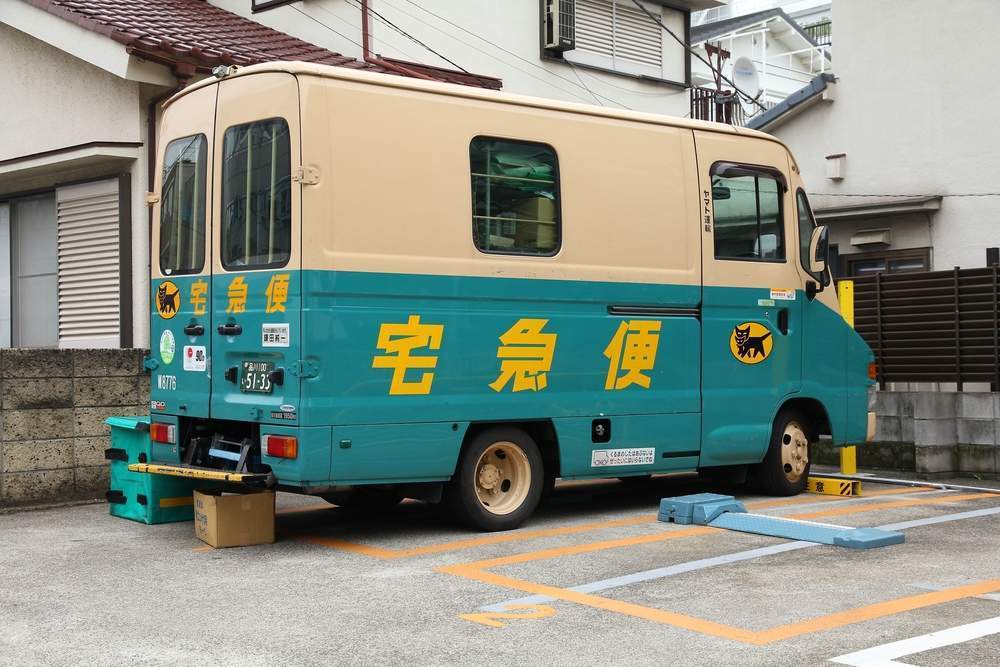The labour union for Japanese courier firm Yamato Transport has demanded parcel volumes be curbed, as drivers are struggling to meet delivery demands.
The growth of online shopping in Japan has revealed serious challenges for logistics companies and has lead to Yamato – for the first time in 27 years – to increase its delivery fee from September.
What’s caused the upset?
Under current agreements, Yamato Transport offers the following delivery time slots: morning, 12-2pm, 2-4pm, 4-6pm, 6pm-8pm, and 8-9pm.
Consumers can generally choose a slot with no additional cost.
If a receiver misses the on the first delivery attempt, the driver redelivers the same day for free, as long as the receiver contacts Yamato Transport by 8pm.
Although consumers select a slot, around 20 percent of home deliveries fail on the first attempt, according to 2016 government numbers.
How well do you really know your competitors?
Access the most comprehensive Company Profiles on the market, powered by GlobalData. Save hours of research. Gain competitive edge.

Thank you!
Your download email will arrive shortly
Not ready to buy yet? Download a free sample
We are confident about the unique quality of our Company Profiles. However, we want you to make the most beneficial decision for your business, so we offer a free sample that you can download by submitting the below form
By GlobalDataAnd the rise of Amazon in Japan isn’t helping.
Amazon’s aggressive growth
According to Yamato Holdings, the company is expecting to have ended its business year with an eight percent year-on-year growth handling 1.72bn parcels.
Amazon changed its main logistic company from Sagawa Express to Yamato Transport in 2013, and Yamato has been handling more delivery items as a result and as online shopping flourishes in Japan with retailers building sprawling logistics centres.
But the number of delivery drivers is constantly short.
Japan’s home delivery market looks saturated. But why are courier companies struggling to hire drivers?
The challenges of Japan’s super-convenient culture
Japan is a rapidly ageing country and the workforce is reducing. Ironically, the retired generation enjoy online shopping and mail orders.
Meanwhile, driving jobs are not appealing to the younger generation, and employing a foreign workforce in home delivery is difficult in the country.
Japan’s super-convenient service-driven culture is suffering from a declining workforce.
Logistics is a key business – particularly for online retailers – and also for convenience store chains, some of which need products to be delivered to over 50,000 stores nationally.
A new way to deliver parcels and packages is certainly an urgent matter for Japan.








Related Company Profiles
Amazon.com Inc
Yamato Holdings Co Ltd